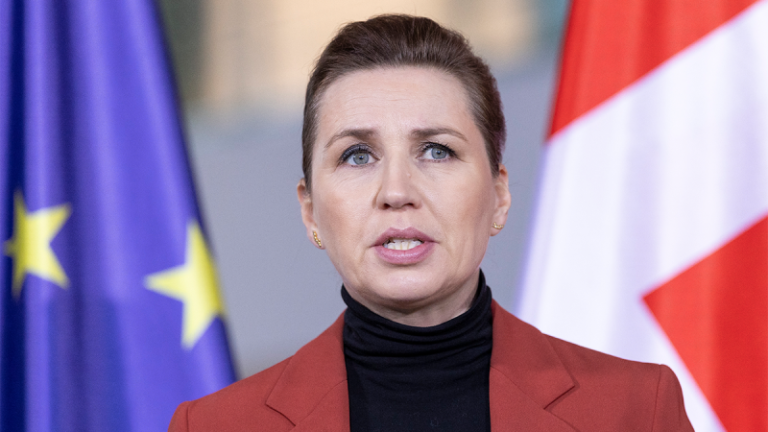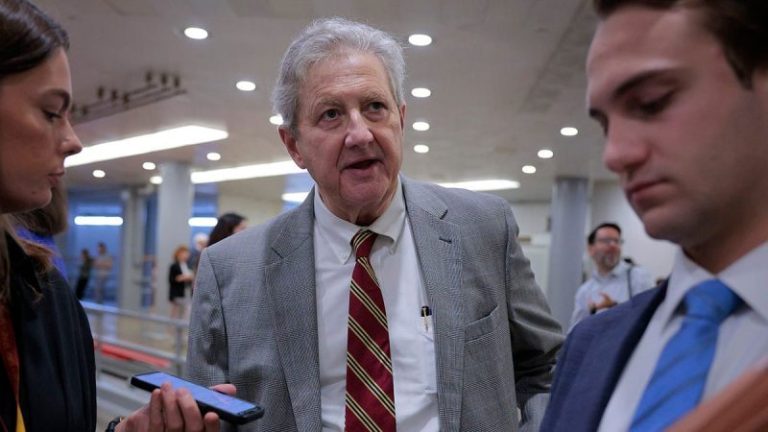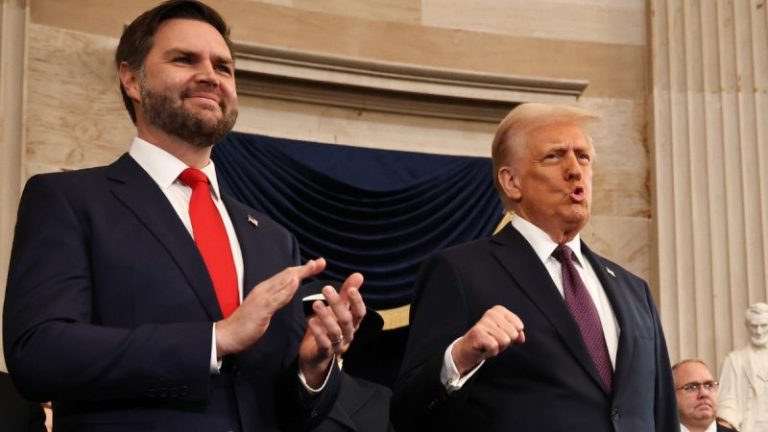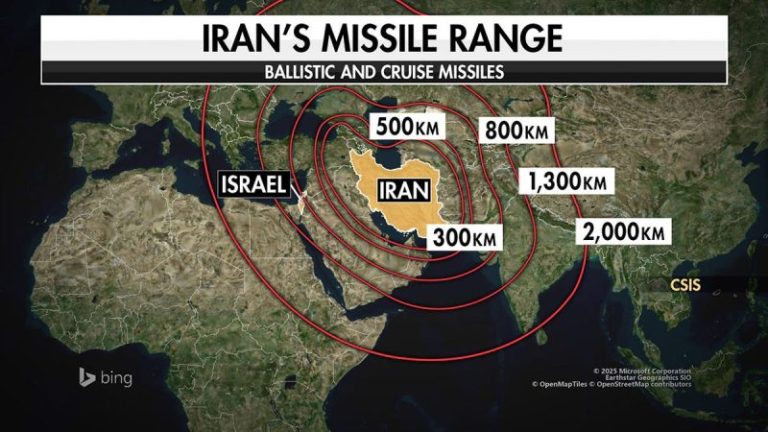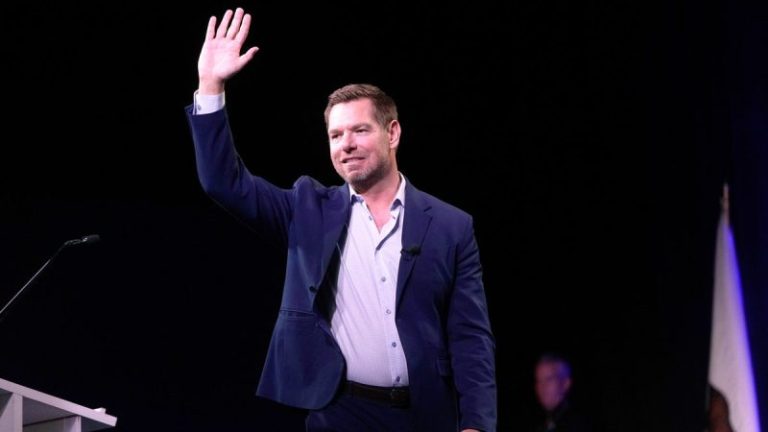Denmark will head to the polls March 24 after Prime Minister Mette Frederiksen called a snap parliamentary election, a move widely viewed as an attempt to consolidate rising public support tied to her handling of tensions with President Donald Trump over Greenland.
Frederiksen announced the early vote Wednesday, arguing Denmark needs political clarity at a time of mounting geopolitical pressure. According to Reuters, she said the country faces ‘a serious foreign policy situation,’ adding voters should have a say in how Denmark navigates it.
Her center-left Social Democratic government has seen a lift in opinion polls in recent weeks after taking a firm stance that Greenland is not for sale and that Danish sovereignty is non-negotiable.
The dispute with Washington has reshaped the domestic political conversation, pushing Arctic security and national sovereignty to the forefront of Danish politics.
Frederiksen, who has led Denmark since mid-2019, has spent much of the past year managing the fallout from Trump’s renewed push to acquire Greenland, the vast Arctic island that is an autonomous territory within the Kingdom of Denmark. Tensions escalated sharply last month when Trump threatened to impose new tariffs on Denmark and several other European Union countries.
Trump has argued that the United States needs control of the North Atlantic island for national security reasons, citing increased activity by Russia and China in the Arctic. The region has grown in strategic importance as melting ice opens shipping routes and access to natural resources, intensifying competition among major powers.
The standoff appeared to ease after Trump announced that a framework agreement to strengthen Arctic security had been reached in talks with NATO Secretary General Mark Rutte on the sidelines of the World Economic Forum in Davos. After that announcement, U.S., Danish and Greenlandic officials began technical discussions on implementing the arrangement, focusing on security coordination rather than any change in sovereignty.
Throughout the crisis, Frederiksen and other senior Danish officials repeatedly emphasized that Greenland’s status is not up for negotiation. Speaking at the Munich Security Conference earlier in February, Frederiksen cautioned that she did not believe the crisis had fully passed and suggested Washington could still harbor ambitions to annex the island.
According to The Guardian, Danish commentators have described the prime minister’s polling boost as a ‘Greenland bounce,’ reflecting growing domestic approval of her firm posture toward Washington.
Frederiksen’s decision to call early elections appears aimed at converting that surge into a renewed mandate. Denmark’s next general election had not been scheduled until later this year, but the prime minister argued that the current security climate justifies seeking fresh voter backing.
Greenland, home to roughly 56,000 people, has long been strategically significant due to its location between North America and Europe. The United States maintains a military presence there at Pituffik Space Base, formerly known as Thule Air Base. Any suggestion of U.S. acquisition has historically been sensitive in both Copenhagen and Nuuk, Greenland’s capital.
Euronews reported that Frederiksen’s government has stressed cooperation with allies while firmly rejecting any negotiations over Greenland’s sovereignty. European leaders have signaled support for Denmark, reinforcing the view that Arctic stability is increasingly central to NATO and EU planning.
Opposition parties have criticized the timing of the snap election, arguing that Frederiksen is seeking a political advantage during a moment of heightened nationalism. Others, however, have largely backed the government’s line on Greenland, suggesting that the sovereignty issue may transcend traditional party divides.
The March 24 vote will determine whether Frederiksen can strengthen her coalition or voters shift the parliamentary balance. It will also serve as a broader test of how Danes believe their country should manage its relationship with Washington as Arctic security becomes a defining issue of global competition.

